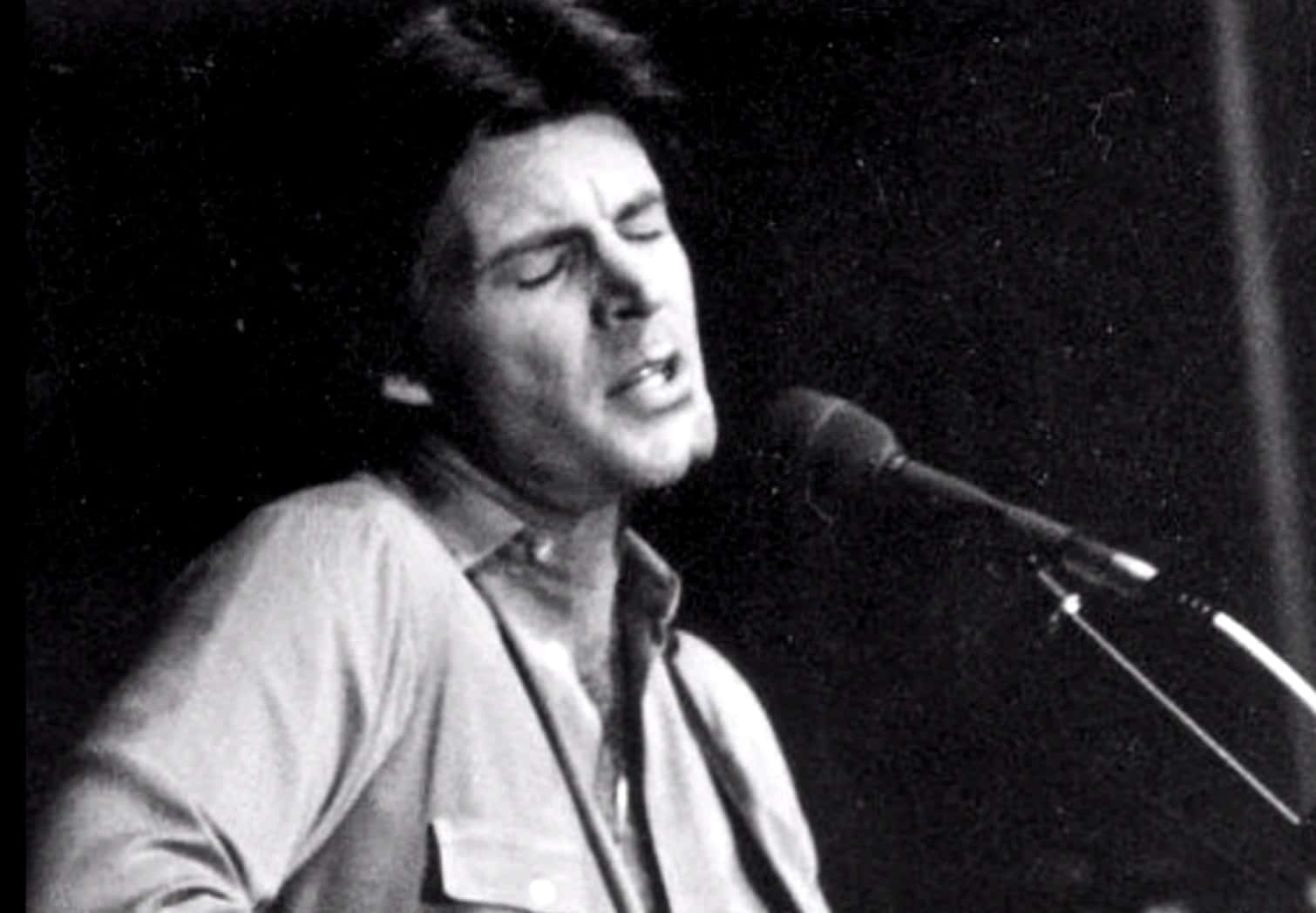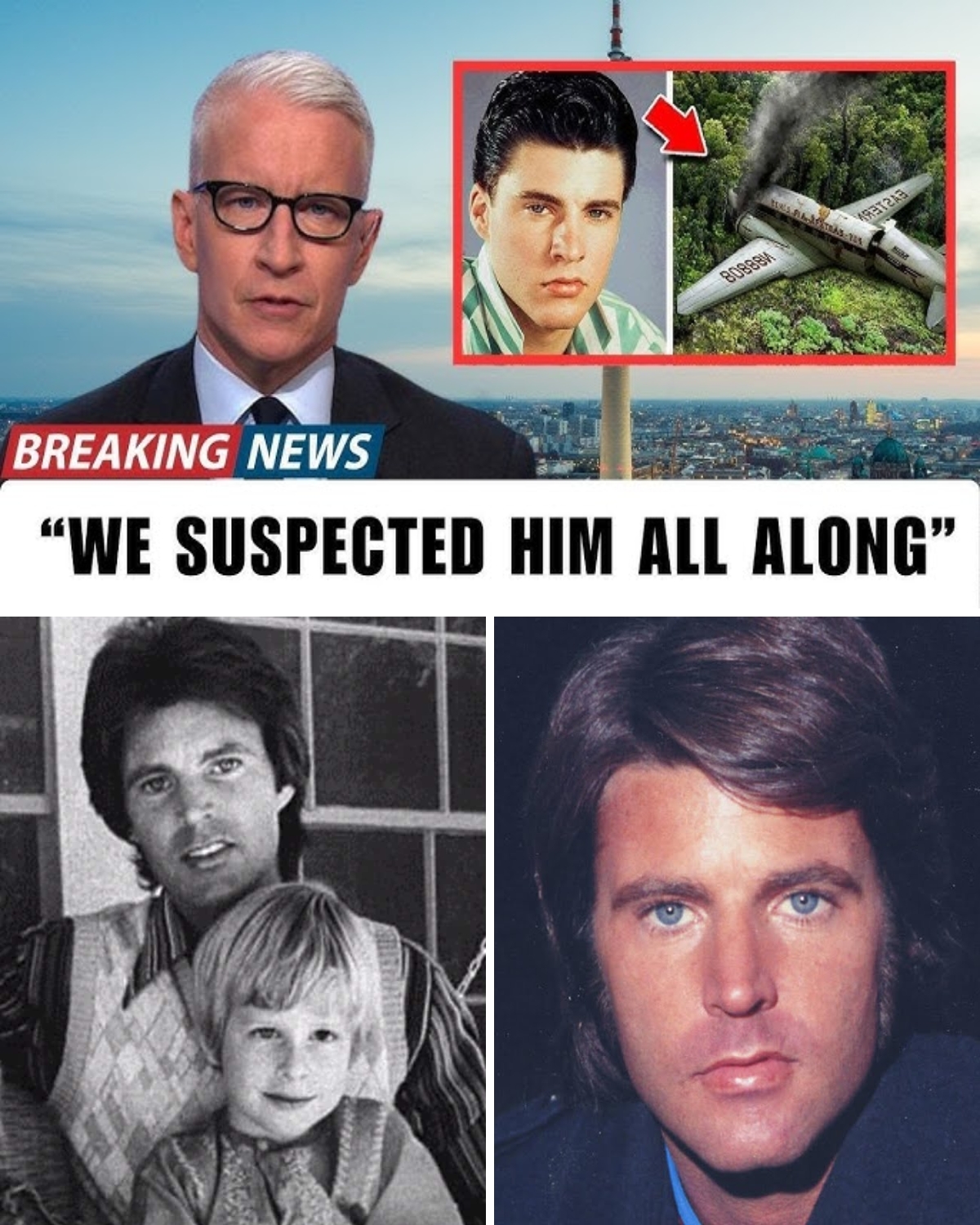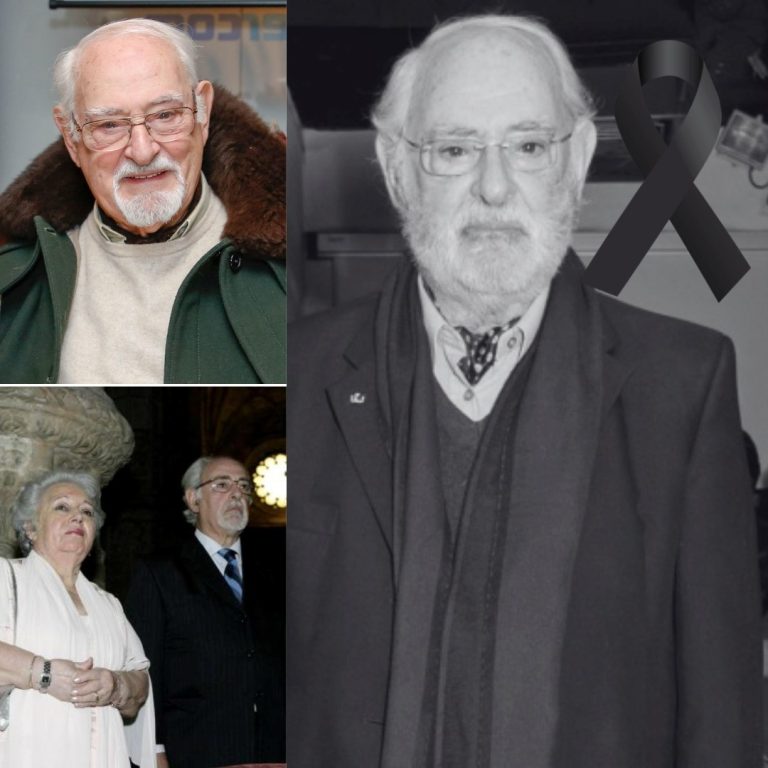For nearly four decades, the tragic death of Ricky Nelson — teen idol, TV star, and rock and roll pioneer — has been shrouded in rumor, speculation, and unanswered questions. On New Year’s Eve 1985, Nelson boarded a vintage DC-3 aircraft with his fiancée Helen Blair and his band, bound for Dallas where fans eagerly awaited his performance. But the plane never made it. It went down in a fiery crash near De Kalb, Texas, ending Nelson’s life at just 45 years old.

In the aftermath, conspiracy theories exploded. Some whispered about drug use. Others suggested sabotage, mob connections, or even foul play tied to Nelson’s tumultuous career. Initial NTSB reports pointed to a malfunctioning heater, but the ambiguity fueled more speculation than closure. For Nelson’s fans and family, the uncertainty became a wound that never truly healed.
Now, nearly 40 years later, a meticulous investigation by aviation historians and forensic analysts has peeled away the myths to reveal the harsh, unsettling truth: Ricky Nelson’s death was the result of preventable negligence.
The DC-3 Nelson chartered was no ordinary aircraft. Built in the 1940s, it was a relic of aviation’s golden age. By the 1980s, however, it was outdated and prone to mechanical issues. Records now reveal the aircraft had a history of heater malfunctions — problems so severe that mechanics repeatedly flagged them. Instead of being properly fixed, the heater was patched together, “jury-rigged” with makeshift solutions that ignored the fire hazard it posed.

Investigators found that the heater sat dangerously close to flammable materials within the cabin. It was, in essence, a ticking time bomb — and on December 31, 1985, it finally exploded into disaster.
As the DC-3 cut across the Texas sky, passengers likely felt only the thrill of an approaching New Year’s Eve concert. But then, smoke began to seep into the cabin. Within moments, flames engulfed the space where Nelson, Blair, and the band were seated. Toxic fumes filled the air, suffocating any chance of survival.
The cockpit crew attempted a desperate emergency landing. Both pilots managed to escape through the cockpit windows. But Nelson and his companions, trapped in the cabin with no accessible exits, never had a chance. The fire moved too fast, the smoke too thick. Their fate was sealed before the plane even touched the ground.
For decades, Nelson’s legacy was marred by whispers of drug abuse, rumors that his own recklessness had contributed to his death. Yet toxicology reports at the time cleared him completely, and the new evidence erases those shadows once and for all. Nelson was not a victim of vice or scandal — he was a victim of systemic negligence.

A culture of corner-cutting in aviation safety, combined with lax oversight, placed him and his entourage aboard a plane that should never have left the runway. Their deaths were not inevitable; they were preventable.
Ricky Nelson’s story was always one of evolution. From his early days on The Adventures of Ozzie and Harriet to his meteoric rise as a teen idol with hits like Hello Mary Lou and Travelin’ Man, to his reinvention as a serious rock musician with Garden Party, Nelson embodied resilience and artistry. His death, now understood in its full tragic context, underscores the fragility of fame.
The revelation that his life ended not by fate but by neglect deepens the sorrow. It is a cautionary tale — one that demands accountability not just for Nelson, but for every life lost to preventable failures in aviation.
Nearly 40 years later, the truth finally gives closure, but not comfort. Fans may now put to rest the rumors that clouded his name, but they must also grapple with the reality that their idol died needlessly — not from scandal, but from the indifference of those who failed to keep him safe.
Ricky Nelson’s music still plays, his voice still smooth and haunting across generations. But every note is now tinged with the knowledge of how easily his story might have continued, if only care and responsibility had triumphed over neglect.






